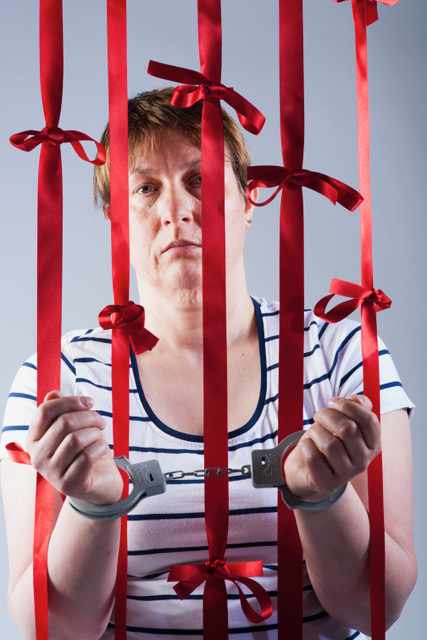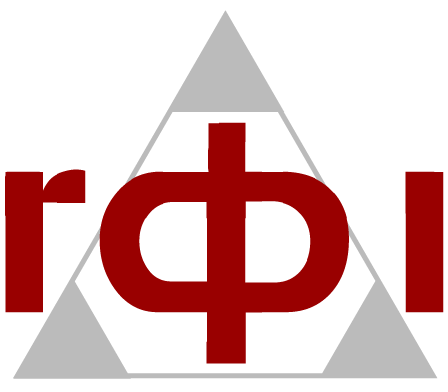My menopause experience
01-May-2019
Bev Ward talks about her own 'menopause experience' and how she used it to get her degree.
In 2011, I undertook a Masters degree in Photography and the topic I chose for my portfolio was the menopause. As I progressed with my research and my experimental photography around the subject, it became an exploration about my experiences with both the new and imposed version of me as post-menopausal symptoms exerted their effects.
My menopause was, and still is, a rocky route. When I first started with symptoms, I endured itchiness, where rafts of salt oozed onto the surface of my skin with the soreness that came with it. Fortunately, it was only for a few months while my skin habituated itself to the effects.
It was not helped by the onslaught of sweating every 30-40 minutes. On three occasions, I experienced the exhaustion of a hot flush on top of an exertion, such as climbing a hill or stairs and I had to cling to some structure for support due to the extreme fatigue it brought on.
The lack of sleep was very debilitating. What made it more difficult was the apprehension of talking about it. In fact, menopausal symptoms have been ridiculed, as if laughing about it made it more acceptable. This project caused me to think about how I thought about myself, how others thought about me when in a sweat and how society viewed the menopause.
I had to rethink my own identity and it occurred to me that I had three identities:
- my own personal, reconfigured post-menopausal identity
- a socially-expected identity as a post-menopausal woman (a general concept), and
- a viewed identity of closer contacts (such as family and work colleagues), but also as I saw myself using 'selfies'.
To explain these further:
My personal identity ...
(latterly facilitated by Hormone Replacement Therapy) has changed over time, enhanced by a more positive menopause and also ageing tempered by experience. Things don't faze me as much as they did before and I am more confident as a result.
The socially expected identity ...
isn't what I thought it was. I think older women have always been socially invisible (as a general social concept or stereotype). However, when I got to talking more about it, I often found other people wanted to talk about it, especially men. They didn't know how to deal with wives who were suffering and wanted to help, but didn't know how. This did surprise me. I got mixed views from other women and that surprised me just as much. Some just told me to get on with it, but many wanted to talk about their own stories.
The viewed identity ...
refers to two things. My closer contacts are more likely to talk about themselves or will engage in conversation with me about the menopause, which is just general conversation now. We help each other, get each other electric fans, although it would be nice for us all to have hot flushes at the same time. It would certainly be easier. But there is an understanding and, more importantly, acceptance. The second aspect is a more physical one and refers to the images of myself while having a hot flush. I've never been one for getting in front of the camera, I'm usually behind it, so to suddenly start taking 'selfies' at this point in my life was scary, but also empowering.
I've had to look at myself personally, physically, psychologically, socially, culturally and literally look at myself through 'selfies' therefore, facing myself. I have changed as a result, but I've come to realise that I'm not just a manifestation of biological symptoms. There is more to me than that; that's just a small part of me. My life as a person and a woman is multifaceted and all need my time and attention.
Using images to look at myself, 'selfies', and thinking about what is right and wrong about being post-menopausal in society has made me stronger. I'm more likely to challenge other peoples' views and talk about it openly, which is probably the most important aspect of dealing with the menopause.

